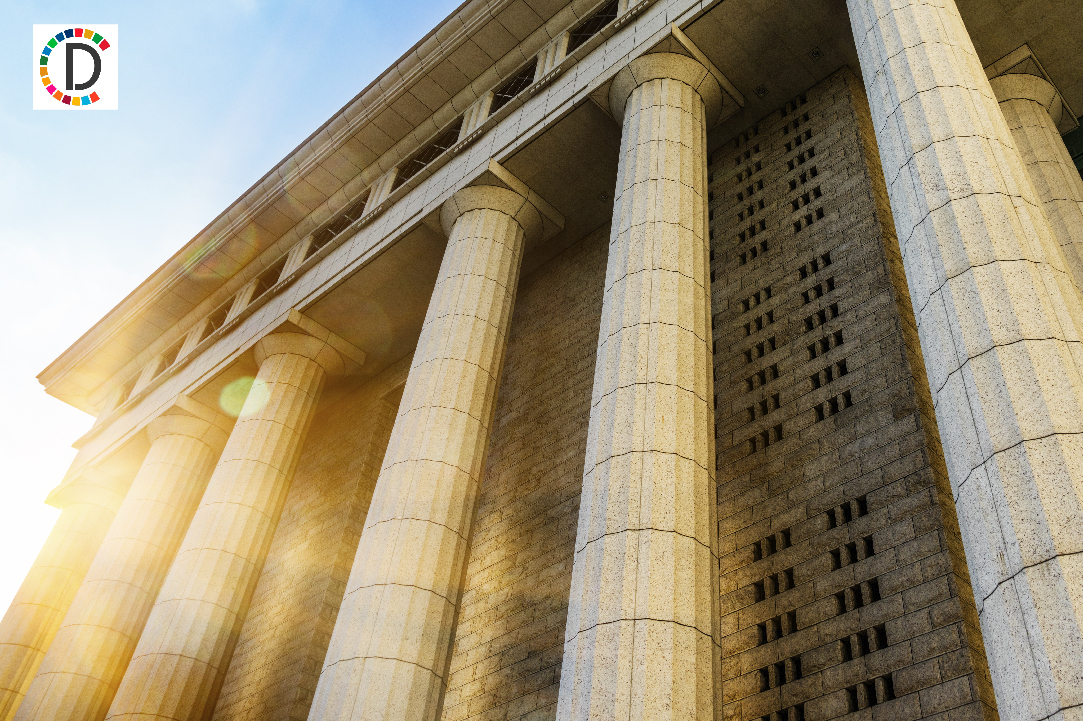Niger ex-President Tandja, toppled after extending rule, dies at 82
Mamadou Tandja, a former Niger president who twice won election after the country's return to civilian rule in 1999 but was overthrown a decade later after altering the constitution to stay in power, has died aged 82, the government said on Tuesday.

- Country:
- Niger
Mamadou Tandja, a former Niger president who twice won election after the country's return to civilian rule in 1999 but was overthrown a decade later after altering the constitution to stay in power, has died aged 82, the government said on Tuesday. It announced his death in a statement read on national television and decreed three days of national mourning.
A retired army colonel, Tandja pledged to restore stability to the largely desert West African nation as he won election in November 1999, months after the coup that toppled military ruler Ibrahim Bare Mainassara. He was re-elected in 2004, a first in Niger, but drew sharp criticism from opponents the following year over his handling of a hunger crisis caused by drought and a plague of locusts.
Nearing the end of his final term under the constitution in 2009, he held a referendum that extended his rule by three years, arguing that citizens wanted him to stay on to oversee infrastructure projects and plans to exploit uranium and oil deposits. His move led to international sanctions, and in February 2010 he was ousted by the military in a dramatic attack on the presidential palace.
The junta that took over power arrested Tandja on corruption charges, but he was ultimately ordered released. He was rarely seen in public after that. Current President Mahamadou Issoufou will step down when his second term expires after an election whose first round is next month. That has won him plaudits in a year when the presidents of nearby Ivory Coast and Guinea sought and won third terms after changing their countries' constitutions.
(This story has not been edited by Devdiscourse staff and is auto-generated from a syndicated feed.)
- READ MORE ON:
- West African
- Mahamadou Issoufou










